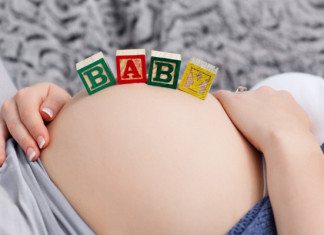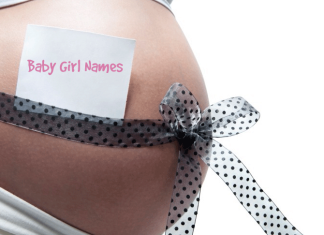
Your body undergoes a huge amount of changes when you are 1 week pregnant. From conception through the first several weeks, your body will know you are pregnant before you even know. When your ovary releases an egg, the egg then begins its three-day-long journey down the fallopian tube. The egg is fertilized inside the fallopian tube, and the uterus begins thickening and the lining fills with blood in order to create the ideal environment for the fertilized egg. During this time, you may not notice any changes at all in your body, but your reproductive system is working overtime to begin the task of creating life.
Creating An Embryo
Once your egg is fertilized by a sperm cell, the blastocyte which was created from the combination of the egg and the sperm begins rapidly dividing and doubling in size to create a zygote. Once the zygote implants itself in the uterine lining, it is then considered an embryo. When the embryo implants in the uterus, it already has two sets of chromosomes: one set from the egg and one set from the sperm. Your future child’s genetics have already been predetermined at this point, and during the first few days after conception, the embryo will continue to double in size daily.
1 Week Pregnant Symptoms
Most people rarely suspect they are even pregnant by the first week, though there are some subtle symptoms. The biggest clue that you are pregnant will be your late period. There are some other symptoms, though, which you can look for to try to determine if you are pregnant before a pregnancy test can accurately give you a positive result.
- You experience light cramping and extremely light bleeding called implantation bleeding. It will be lighter than a period, and will probably only bleed for a couple of hours or one day.
- Your breasts are ultra sensitive to touch and stimulation, and they may appear to have more veins in them.
- You are extremely tired.
- You may feel the need to urinate more frequently than usual.
Often when women are 1 week pregnant, they mistake implantation bleeding for a period. They may just shrug off the light bleeding and cramping as an extremely short and light period. Within a day of implantation, however, you can get a positive pregnancy test. If you suspect your light period may actually be implantation bleeding, take a home pregnancy test 24-48 hours afterwards. Many women’s breasts also become extremely tender during their period, and they may mistake sore, swollen breasts as a symptom of PMS. In reality when a woman is 1 week pregnant, the fast surge of hormones will cause extreme breast tenderness and swelling. One of the most definitive symtoms when a woman is 1 week pregnant is an unmistakable tiredness. The rising hormones make a woman extremely fatigued. It may seem like you never feel rested, no matter how much sleep you get. It may seem to take every ounce of energy to make it through the day without a nap. This is perfectly normal, and will pass. Finally, you may notice you need to urinate more frequently than usual. There are actually two reasons why you will feel like you have to use the bathroom more when you are 1 week pregnant: your uterus has increased in size already and may be putting pressure on the bladder and the increase in estrogen lvels also have a diuretic effect on a woman making her have to urinate more frequently.
If you are planning on becoming pregnant, or have recently found out you are pregnant, it is important to begin your prenatal care. You are going to want to start taking a prenatal vitamin containing folic acid. Also, if you haven’t quit smoking already, definitely do so. Also, abstain from drugs and alcohol. Once you have taken a positive pregnancy test, make an appointment with your OB/GYN. You typically won’t be seen until you are between 8 and 10 weeks pregnant, but many will see you earlier if you are concerned about your pregnancy.
When you are 1 week pregnant, your body is working overtime to create the ideal environment for your baby-to-be. Even though it is your first actual week of pregnancy, your due date will be calculated based on the first day of your last menstrual period. Thus when you are in week 1 of your actual pregnancy, your doctor will consider you to be three weeks pregnant. At this time, you may notice some subtle changes in your body, and you may already have a late period. The egg has been fertilized by the sperm, and it has implanted itself in your uterus, where it will continue to grow for the next 37 weeks.

















